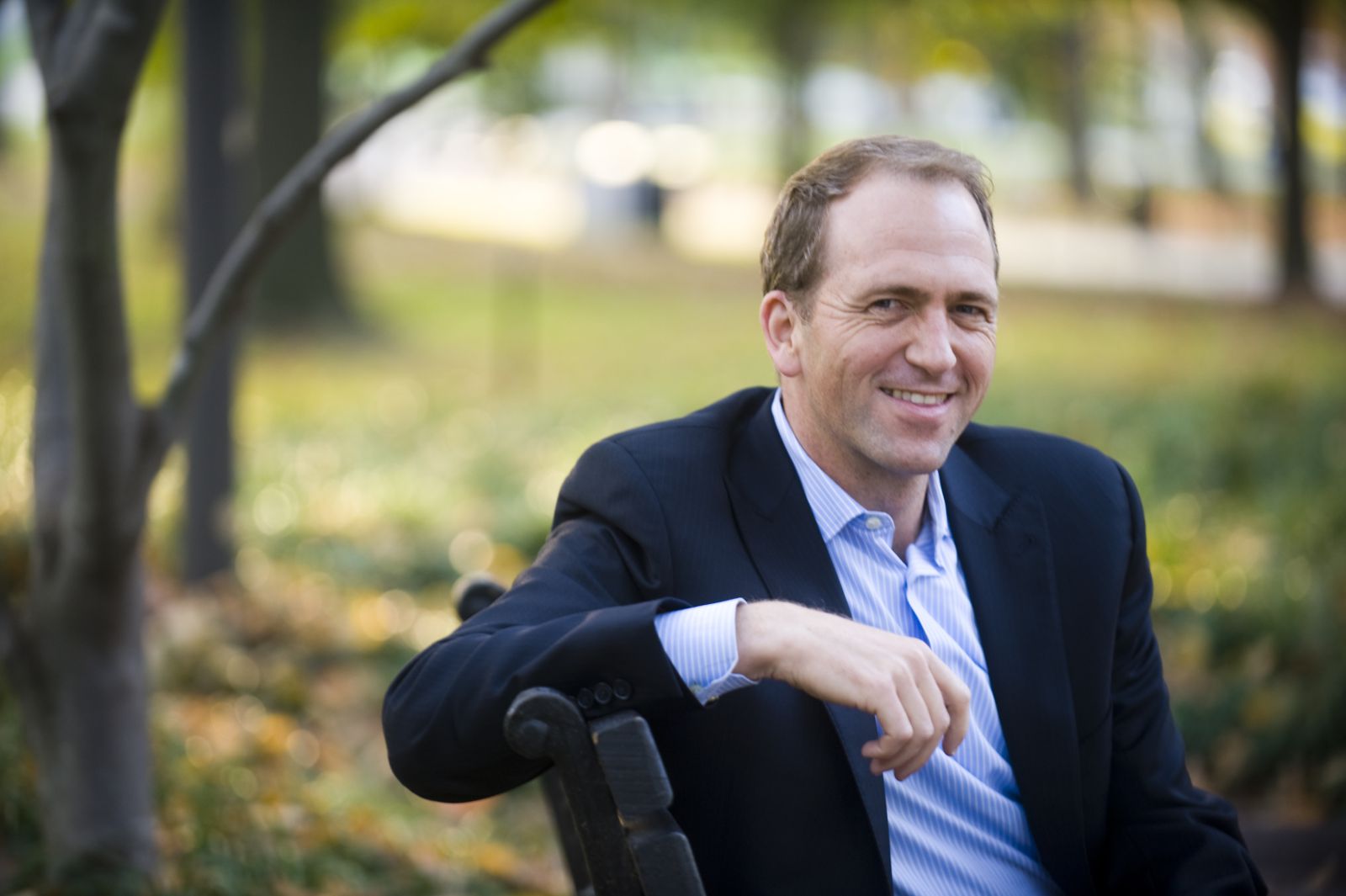Randall Kempner on International Development, Income Inequality and the Importance of Education

When Randall Kempner, an LBJ School graduate (’98) and a 5th generation Texan, saw the Broadway show Evita as a child, he knew his life was going to be influenced by developments on other continents, whether he liked it or not. This realization led Kempner on a journey from Galveston to Washington, D.C. where he is now the Executive Director of the Aspen Network of Development Entrepreneurs (ANDE), a global network of 200 organizations that propel entrepreneurship in emerging markets. In this position, Randall oversees the implementation of ANDE’s extensive program and advocacy agenda, including training programs for investing in emerging-market entrepreneurs, promoting investment opportunities in emerging market small businesses, and developing standardized financial, social and environmental metrics for impact investment. In this Q&A, Kempner discusses the roll of business in international development and the biggest drivers of income inequality today.
Q: In your position at the Aspen Institute, you work at the nexus of the entrepreneurial world and the world of international development. What role should business play in international development and the eradication of poverty?
Even with recent advances, there are still over a billion people in the world that live in abject poverty. That’s the population of three Americas – all whom live without consistent access to clean water, sanitation, electricity, education or health care. And unfortunately, in most of the places with high levels of poverty, government doesn’t work. Due to low levels of training, scarce financial resources, and corruption, the public sector is incapable of providing basic public services.
So, how can we address this problem? Well, one answer is through harnessing market-based solutions to poverty. This model treats the poor as customers rather than beneficiaries. It asks: is it possible to create businesses that provide these critical services more effectively than the public or non-profit sector?
In many cases, the answer is yes. Social entrepreneurs in emerging markets are developing businesses that distribute solar lanterns, build and maintain clean public toilets, and provide inexpensive water purification. The poor are expected to pay for these services – and they do, knowing that the value of light or clean water is worth it.
Promoting the growth of small business entrepreneurship in emerging markets holds great potential, both for the development of affordable products aimed at the “base of the pyramid” and for creating employment for the poor. It is not a panacea – but it is a highly underutilized tool in international development.
A final point: all businesses of any size, based anywhere in the world, need to consider their obligation to the communities around them and to the environment. Businesses can be an amazing source for good – but if mismanaged, they can also contribute to corruption, social inequity, and environmental degradation. And the poor tend to bear the brunt of these negative side effects.
Q: What are some of the biggest policy challenges facing our nation?
I believe the United States today faces a growing problem around inequality. The problem is not that the rich are getting richer; it is that the poor are stuck or actually getting poorer. To me it is unacceptable that anyone who works a full 40 hour work week in this country can live in poverty. So, I’m a fan of markets and their ability to generate wealth – but we do not live in a world where the perfectly efficient markets we learned about in introductory Econ actually exist. Where there are market failures or significant inequities, government has a role in addressing them. So, I do think we need to raise the minimum wage, for example. More broadly, I think we need to focus on giving more opportunities for poor people to build their own futures. To do that, you have to have access to decent education and decent health care. I’m worried that for many Americans, that baseline for success is eroding.
Q: What drives income inequality and what can we do in America to help reduce the gap between the rich and the poor, nationally and globally?
The biggest driver of income inequality is educational inequality. In this country and globally, there is a high correlation between wealth and educational attainment. And the returns on education continue to grow, widening the rich-poor gap. So, clearly, significant investment in education is one response, and it needs to begin early. As Nobel Prize Winning Economist James Heckman has shown, the most effective long-term economic development investment is an investment in early childhood education. If we can get all kids under age 5 the cognitive, learning and social skills they need, even children from disadvantaged families can thrive. So, as an economic developer, I’m a huge proponent of pre-K education.

